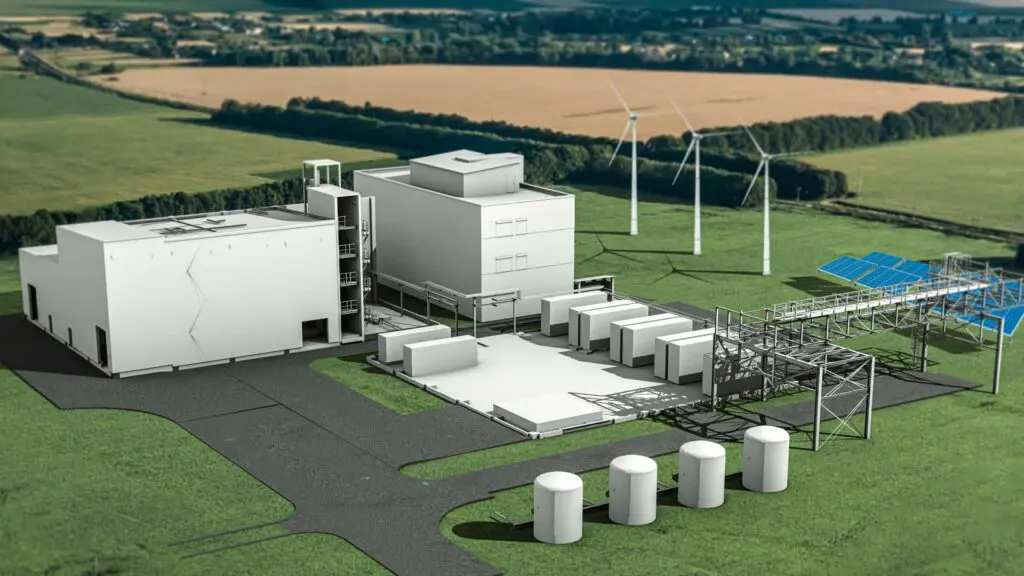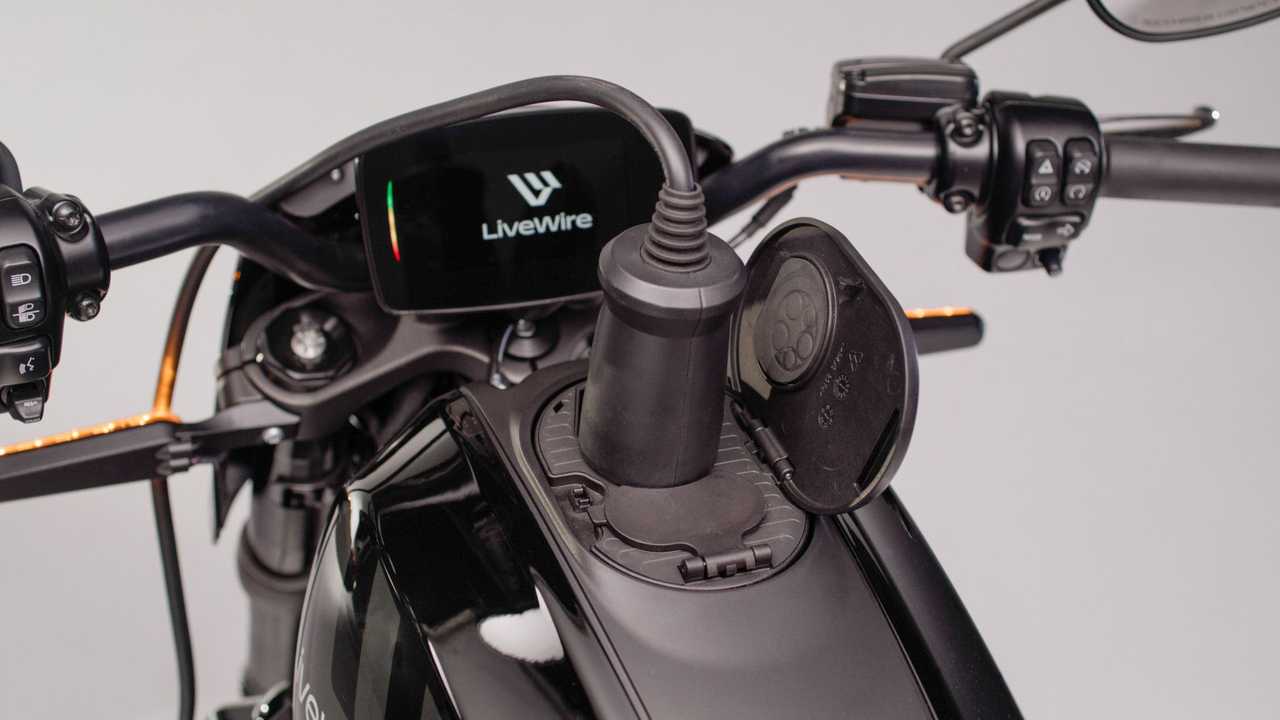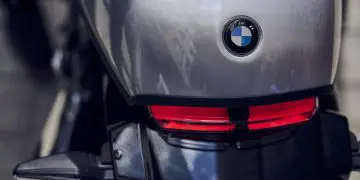There is no doubt: electric vehicles have arrived and will continue to exist. This is true in both the automotive world and in the world of motorcycles, where manufacturers are striving to develop the best and most reliable technology available. In addition, government incentives around the world aim to further accelerate this process.
In fact, we don’t need to look far when it comes to governments that are pushing for electrification. In the US, the Biden administration has been aggressively promoting local production, with the Department of Energy previously announcing funding of up to $3.1 billion for battery manufacturing. Additionally, the department also announced $192 million in funding for battery recycling initiatives. Naturally, this has led to a series of actions in recent times, with companies now working to increase battery production in the US.
Lithium batteries are not new, as they have been powering our devices such as laptops, smartphones, and tablets since they were invented. That being said, the demand for lithium batteries has skyrocketed due to the growing popularity of electric motorcycles and cars, which use orders of magnitude larger batteries than those found in smartphones.

To meet the growing demand, BASF, a company specialized in battery materials production, announced a partnership with Nanotech Energy, a company specialized in graphene-based energy products. The two companies will work together to produce lithium-ion batteries with recycled materials to meet the majority of the North American market.
On BASF’s side, the company will produce active materials for the cathode (electrode from which conventional current leaves a polarized electrical device) from recycled metals at its Michigan facilities. Meanwhile, Nanotech will use these active materials to manufacture lithium-ion battery cells. Overall, BASF expects the facility to reduce its carbon emissions by up to 25%.
To ensure the efficiency of their production, the two companies will also be working together with the American Battery Technology Company (ABTC) and TODA Advanced Materials Inc. from Canada. ABTC will recycle the materials used in Nanotech’s battery production – such as lithium, nickel, cobalt, and magnesium. Once recycled, the materials will be delivered to TODA, which will use them to produce the battery precursors that BASF needs for its production. The entire structure creates a closed-loop system made up entirely of North American companies.
Commenting on the partnership, Daniel Schönfelder, Vice President of Basic Metals and Battery Recycling at BASF, said in an article from The Verge: “Our partnership with Nanotech, ABTC, and TODA marks an important step for BASF’s global battery recycling business. We are now establishing the first closed-loop system in North America. This allows BASF and Nanotech to produce lithium-ion batteries with locally recycled content”.








